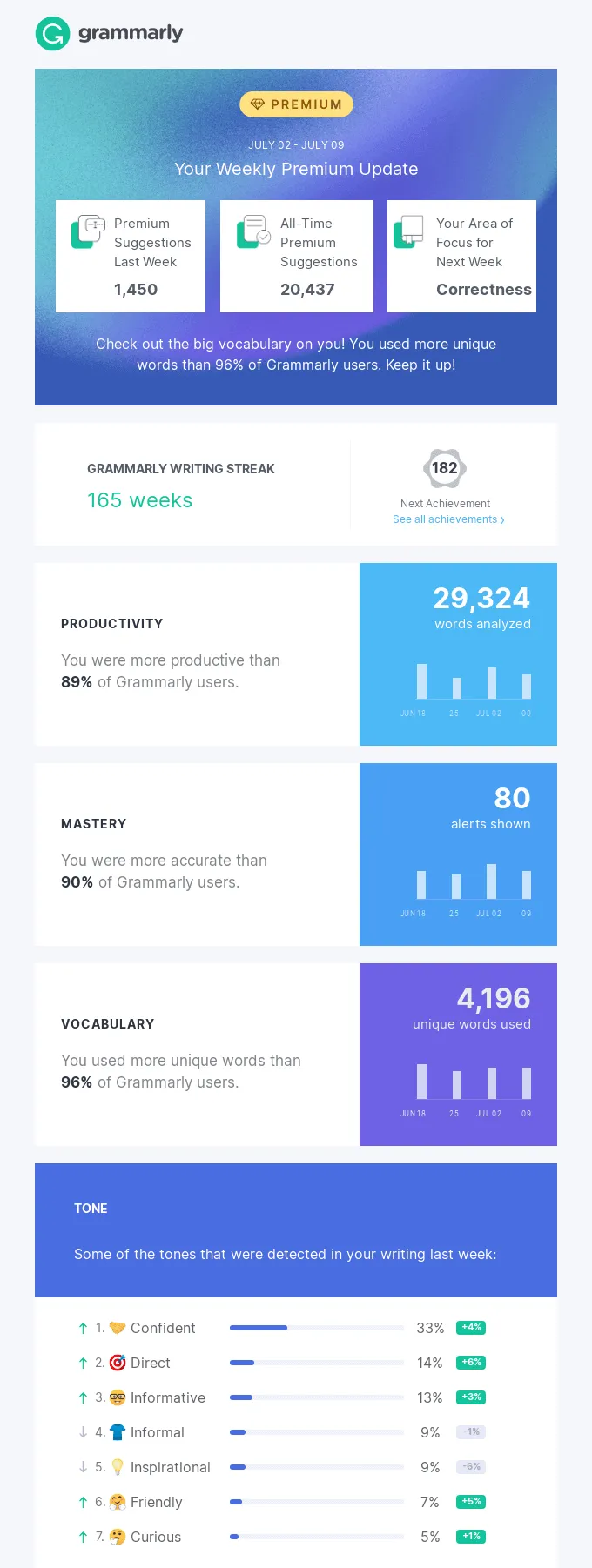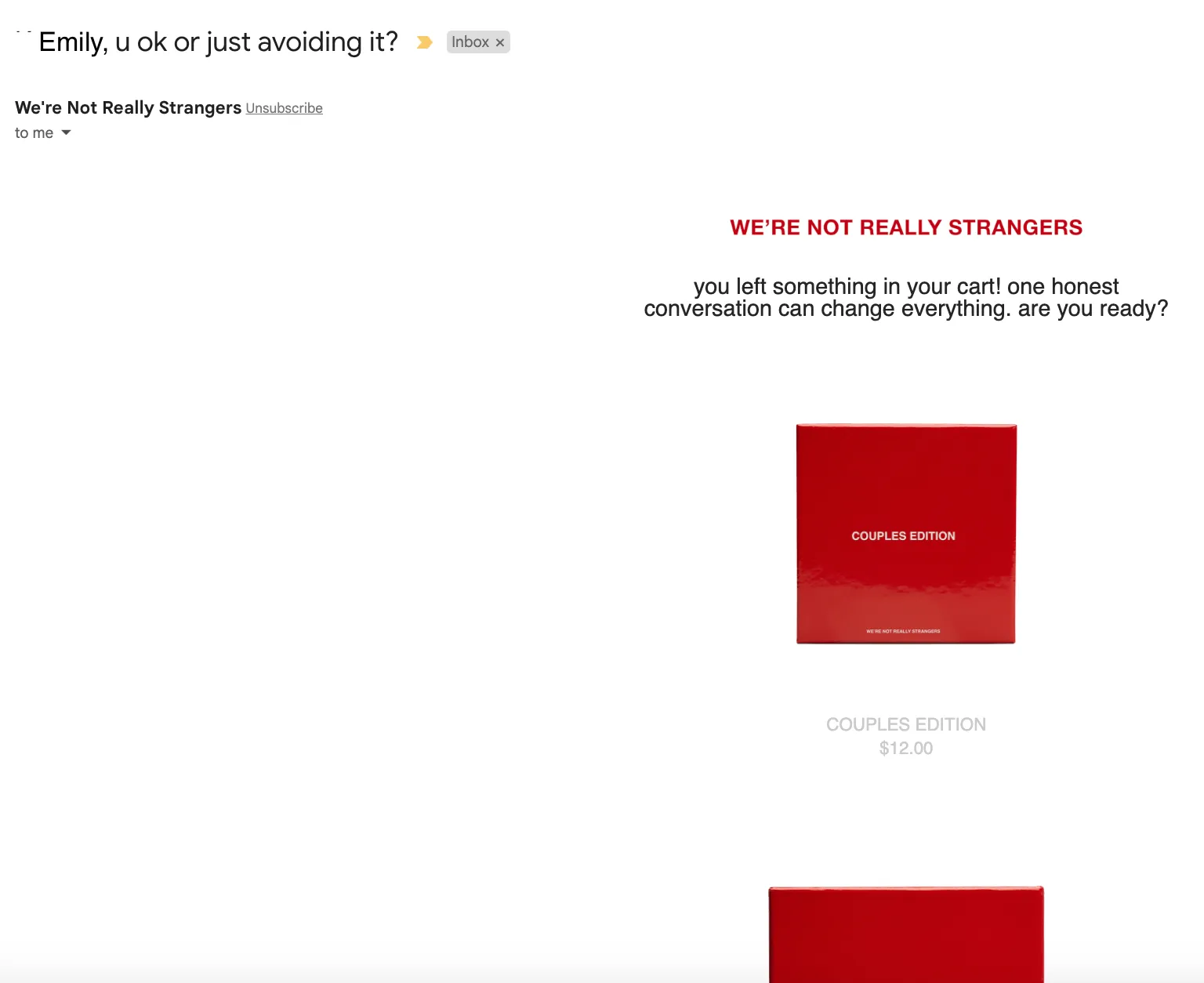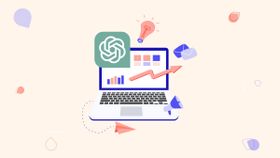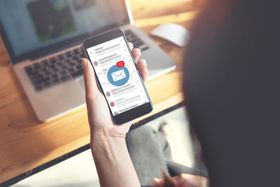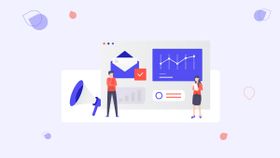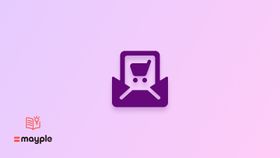7 Expert Tips on Email Marketing Personalization for 2025
Elevate your campaigns, boost engagement, and connect with your audience on a whole new level.
Updated November 6, 2024.
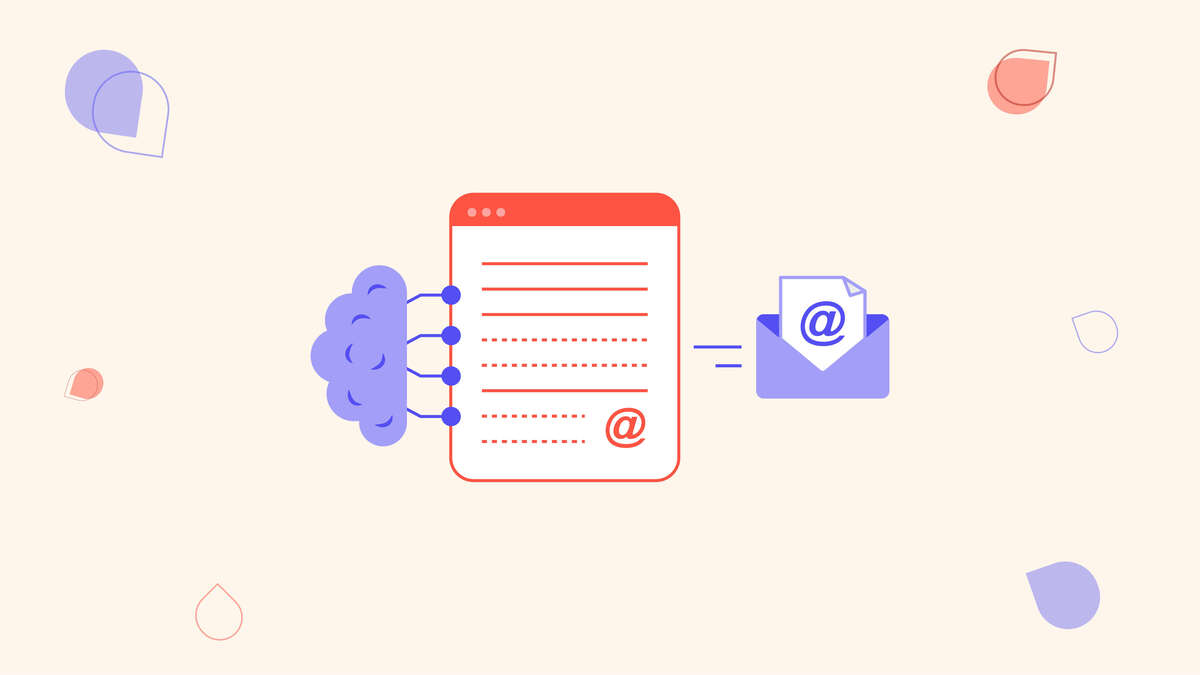
By far, the worst email I get every week is the one that starts with "dear sir/madam." It tells me they were so lazy they couldn't even insert my first name. If you're still doing that, then you're stuck in the Stone Age.
Today's email marketing agencies and experts use dynamic content to create personalized experiences for specific segments of their email list.
By leveraging customer data to create targeted and relevant messages, businesses can enhance engagement, boost conversions, and foster stronger customer relationships. Want this for your own business?
In this guide, we dive into email personalization and explore its strategies, benefits, and practical implementation tips.
What is email personalization?
Email personalization is a crucial email marketing strategy where marketers use personal data about subscribers to create more targeted and effective emails. This technique goes beyond simply acknowledging a customer as an individual - it's about providing them with a uniquely tailored experience while significantly enhancing key email marketing metrics.
The information used can include basic elements like their first name or more intricate data such as their:
- Last purchased item
- Location
- Job title
- Interaction frequency with an app
The concept of personalization encompasses simple tactics like incorporating the recipient's name in the subject line to more sophisticated strategies that adapt the email's content based on the subscriber's gender, location, or other personal attributes.
» Read more on omnichannel personalization to increase customer engagement.
7 Email marketing personalization tips
You want to avoid generic emails by incorporating dynamic content for each recepeint, ensuring that your personalized content speaks directly to your audience. And that's really the key to unlocking engagement and conversions.
But how do you ditch the one-size-fits-all approach and craft emails that truly resonate with each individual? Here are 7 tips to help you craft the perfect email personalization strategy.
1. Understand your audience
Personalization begins with a deep understanding of your audience, which means going beyond just having their email addresses.
It's crucial to know their preferences, behavior, purchase intent, and the best communication channel for each individual. This approach can be exemplified in a campaign by Withings, a company that sells health monitoring devices. They calculate each user's health score and send them personalized recommendations to significantly enhance their customer experience.
2. Use data-driven personalization
Utilizing data effectively can significantly enhance personalization, especially when used in email subject lines (like using the recipient's name), creating a sense of familiarity and increasing open rates.
However, it’s also important to be subtle and not overly invasive with data usage. Your email personalization efforts should make recipients feel assisted and understood, not watched. Here's a great example from Grammarly, where they congratulate each user on using their tool.
3. Leverage AI for content and timing
AI can play a significant role in personalizing content and timing. Tools like Klaviyo can predict when a customer will likely re-purchase and create targeted flows based on this information.
This predictive aspect of AI helps you reach out to customers at the best moments in their customer journey, enhancing the relevance and personalization of the communication.
Types of marketing emails you should automate include:
- Cart abandonment emails
- Browser abandonment emails
- Birthday emails
- Transactional emails
- Order confirmation emails
- Anniversary emails
- Re-activation emails
- Email newsletters
- Cold emails
The popular email marketing platforms should all have these features, some don't, so it's important to shop around and make sure you get the right one.
4. Email engagement segmentation
Segmenting your list based on email engagement is a powerful email strategy. It involves targeting audience segments based on their interactions with your emails.
For instance, you can segment your list according to subscribers who open all your emails and those who don't. Doing this allows you to send more content to the subscribers who regularly open your emails and opt to re-engage or unsubscribe those who don’t. This will help to maintain a healthy and engaged email list.
» Wondering how else to use list segmentation to your advantage? Here are some segmentation examples to inspire you.
5. Maintain a balance between automation and personal touch
It's a myth that automation and personalization are mutually exclusive. A well-crafted automated email sequence can still offer a personal touch.
For example, incorporating the founder's story into your automated welcome email sequence can build trust and make automated communications feel more personal.
6. Subject line creativity
Subject lines play a crucial role in email marketing. Up to 47% of subscribers open emails based on the subject line. Shifting from generic phrases to more direct and personal statements can significantly impact open rates.
For example, changing a subject line from a question to a statement (like "You've forgotten something" instead of "Have you forgotten something?") can create a sense of urgency and uniqueness.
7. Testing and experimentation
Finally, always test and experiment with different approaches. Email marketing isn’t a one-size-fits-all solution, and what works for one audience might not work for another. Continuous testing, like A/B testing subject lines, helps understand what resonates best with your audience.
Need more A/B testing features and your email platform doesn't have it? Check out our list of the top email marketing tools you should use.
Why you should personalize email campaigns
Personalization in email marketing is about leveraging individual customer data to transform standard email content into personalized communication that resonates more deeply with each recipient.
Personalizing email campaigns can significantly enhance open and click-through rates, directly influencing ROI and revenue. Research indicates that emails with personalized subject lines are 26% more likely to be opened.
Rather than receiving generic offers and messages, each subscriber gets an email that directly targets their interests, complete with their name and offers (like products or promotions) tailored to their preferences.
Benefits of email personalization
Of the many benefits of email marketing, personalization stands out as a pivotal element. Here's why:
- Increased open and click-through rates: Personalized subject lines and content often lead to higher open rates and more recipient engagement, resulting in better click-through rates.
- Enhanced customer engagement: By resonating more with individual preferences and behaviors, personalized emails foster greater interaction and interest in the brand's offerings.
- Improved conversion rates: Tailored content that aligns with the recipient's interests and needs can significantly increase the likelihood of them taking desired actions, such as purchases or sign-ups.
- Strengthened customer loyalty: Personalization contributes to a more positive customer experience, making recipients feel valued and understood, thereby fostering brand loyalty.
- Higher Return on Investment (ROI): The effectiveness of personalized email campaigns often results in a higher ROI, as targeted messaging tends to yield better response rates and conversions.
Connect with experts to boost your eCommerce revenue
Nowadays, personalization is not just a buzzword; it's an essential ingredient for successful email marketing. If you're ready to take your email marketing to the next level, consider partnering with Mayple, a leading provider of email marketing solutions.
Let us connect you with an expert who can help you develop and implement personalized email marketing campaigns that drive results and achieve your marketing goals.
FAQs
What is email customization?
Email personalization is creating personalized content for each individual subscriber based on their demographic data, interest, and purchase history. This can include personalizing the subject line, sender name, content of the email, sending custom product recommendations, and adding the human touch in an automated data-driven way.
Which of the following are examples of email personalization?
Email personalization can include the recipient's name in the subject line, in the email content itself, and personalized, relevant content to each recipient based on their data. It can also be custom fields in abandoned shopping cart emails, and personalized product recommendations based on their past purchase history and buying behavior.
Why is email personalization important?
It's the best way to stand out in a crowded inbox. Sending out personalized messages can significantly boost your open and click-through rates (and decrease unsubscribe rates). Personalized emails based on user behavior and previous purchases can improve conversions and decrease cart abandonment for eCommerce brands.
What is the difference between email segment and personalization?
An email segment is a specific subset of your contact list, which is composed of a group of email addresses united by specific data points. Email personalization is a specific tactic that uses email segmentation to send personalized content to each email recipient.


